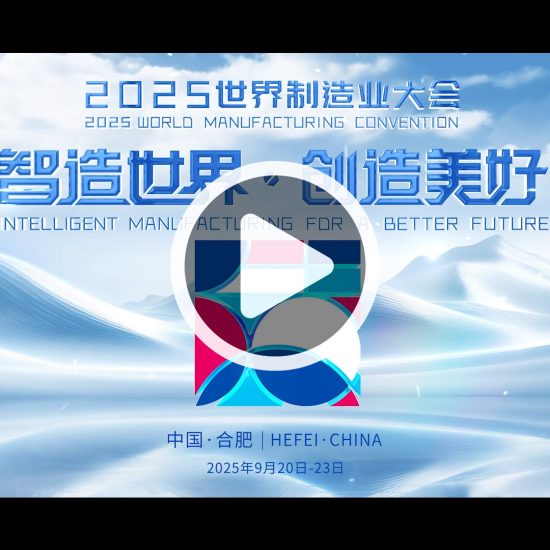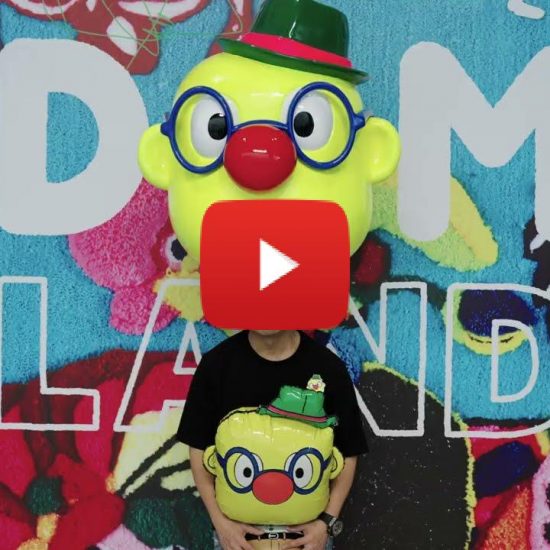A major Muslim and Evangelical organization joined forces this week to significantly advance hitherto state-backed ceremonial inter-faith dialogues that seldom go beyond platitudes and lofty statements.
This week’s launch at a Washington DC mosque of an inter-faith alliance and a book published by the Institute for Humanitarian Islam and the Germany-based World Evangelical Alliance (WEA) as well as the Center for Shared Civilizational Values constitutes an Evangelical endorsement of Humanitarian Islam.
It also amounts to a rare Muslim celebration of an Evangelical authority, WEA secretary general Archbishop Thomas Schirrmacher, who played a key role in building a relationship between the Evangelical group and Indonesia’s Nahdlatul Ulama, one, if not the world’s largest Muslim movement.
“Dr. Schirrmacher’s decision to engage with the Humanitarian Islam movement may prove to be singularly consequential, and perhaps even historic, in its ramifications for the relationship between Christians and Muslims,” the editors of the book, Thomas K. Johnson and C. Holland Taylor said in their introduction.
Entitled ‘God Needs No Defense: Reimagining Muslim – Christian Relations in the 21st Century,’ the book is an anthology of essays written by preeminent Muslim and Christian scholars.
Based in the Indonesian capital of Jakarta, the Institute for Humanitarian Islam was established by Nahdlatul Ulama to advance globally its humanitarian interpretation of the faith.
Nahdlatul Ulama sees the concept as an alternative to state-backed less developed and less tolerant and pluralistic notions of a moderate Islam as propagated by countries like Saudi Arabia and the United Arab Emirates as well expressions of political Islam represented by Turkey, Iran, and the Muslim Brotherhood.
Nahdlatul Ulama was founded almost a century ago in opposition to Wahhabism, the austere interpretation of Islam propagated for decades by Saudi Arabia until the rise in 2015 of King Salman and his son, Crown Prince Mohammed bin Salman.
The Indonesian group positions Humanitarian Islam as advocating genuine religious reform rather than self-serving social and rhetorical change advocated by rulers eager to implement long-overdue economic and social reform and project themselves as genuine religious moderates in a global battle for Muslim religious soft power and the soul of Islam.
The differences between Nahdlatul Ulama’s Humanitarian Islam and the interpretations of the faith put forward by its conservative monarchical and republican Islamist soft power rivals are stark and raise fundamental questions about what constitutes genuine reform and how it can sustainably be achieved.
The differences pitch an independent civil society group, albeit one with close ties to the state, against states themselves.
Nahdlatul Ulama’s independence has allowed it to start a process of real change rooted in religious law and jurisprudence rather than a ruler’s decree or opinion issued by subservient clergymen.
The group challenges outdated, intolerant, or supremacist concepts such as the kafir or infidel, the dhimmi or People of the Book, and slavey that remain reference points even if large numbers of Muslims do not heed them in their daily life, as well as eventually blasphemy and apostasy.
The group’s religious leaders took the first step in 2019 by replacing the term kafir with the word muwathinun or citizen to emphasize that Muslims and non-Muslims were equal before the law. “The word ‘kafir’ hurts some non-Muslims and is perceived to be theologically violent,” Nahdlatul Ulama cleric Abdul Moqsith Ghazali said at the time.
Independence also enabled Nahdlatul Ulama to embrace the Universal Declaration of Human Rights, parts of which are exempted by its religious soft power rivals. That is not to say that liberals may not take issue with some of the interpretations of the declaration by Nahdlatul Ulama, a socially conservative movement.
The differences raise questions about Nahdlatul Ulama’s ability to succeed beyond the significant inroads that the group has made among political and religious elites in the United States, Europe, the Vatican, and parts of Africa and Asia.
The launch in Washington of the unprecedented alliance and the book is together with Nahdlatul Ulama’s association with the Centrist Democrat International (CDI), the world’s largest grouping of political parties, the most publicly visible evidence of its success among elites.
The alliance puts flesh on the skeleton of recent inter-faith dialogue by bringing together two of Islam and Christianity‘s major groups. Nahdlatul Ulama has tens of millions of followers while the World Evangelical Alliance says it represents 600 million Protestants and national evangelical alliances in 140 countries. The alliance with Nahdlatul Ulama casts a different light on Evangelicals as opposed to Evangelists, who particularly, in the United States have often come to be identified with Christian nationalism and Islamophobia.
The alliance aims “to prevent the political weaponization of identity; curtail the spread of communal hatred; promote solidarity and respect among the diverse people, cultures and nations of the world; and foster the emergence of a truly just and harmonious world order founded upon respect for the equal rights and dignity of every human being,” the Institute for Humanitarian Islam and the Nation’s Mosque in Washington, said in a press release.
With the creation of the Center for Shared Civilizational Values, the alliance also constitutes an effort to create a platform for a dialogue that moves beyond elites to nurture a grassroots movement in favour of religious reform across major religions that emphasizes inclusivity, pluralism, tolerance, and common values rather than exclusivism and supremacy fueled by identity politics. (In the spirit of transparency, this writer has been invited to be a member of the centre’s advisory board).
In doing so, the Center hopes to build on Nahdlatul Ulama’s substantial popular base in Indonesia, the WEA’s reach across the globe and a range of contacts and interactions with Catholic, Jewish, and Hindu groups and personalities.
The choice of Masjid Mohamed, the Nation’s Mosque, as the venue of the launch, suggests an outside-in strategy in trying to garner grassroots support in the Muslim world. Located in Washington’s historic African-American Shaw district, Masjid Muhammad is the first mosque in the United States built by descendants of slaves.
As such, the launch constitutes an outreach to a minority Muslim community in a Western democracy that despite upheaval in the United States as the country struggles to come to grips with its history of racism is likely to be more accessible and perhaps more open to Humanitarian Islam’s message than significant segments of the population in Muslim-majority countries like Pakistan or the Middle East where many see what has long become a global faith through the lens of its Arab origins.
The alliance takes on added significance in a Western world that despite the electoral defeat of former US President Donald J. Trump and setbacks in Europe suffered by populists and ultra-nationalists has in recent years increasingly mainstreamed prejudice, bias, and authoritarianism.
“Rather than the world becoming more like the United States, as so many of us expected after the Cold War, the United States has become more like the rest of the world—in particular, its authoritarians,” noted foreign policy analyst Steven A. Cook, debunking the projection of the US as a beacon of liberty and freedom.
In a twist of irony, Nahdlatul Ulama’s book publication coincided with a more narrowly focused and transactional Saudi-backed launch in Lebanon of a book, ‘The relationship between the Maronite patriarchate and the Kingdom of Saudi Arabia.’ Written by Maronite Father Antoine Daw, Saudi support for the book and outreach to the Maronites was part of the kingdom’s effort to counter Iran’s regional influence and engage the Islamic republic in direct and indirect issue-oriented dialogues.
The launch in Bkirki, the Maronite patriarchate’s episcopal see, followed a call by Patriarch Bechara Boutros Al-Rahi, Lebanon’s most senior Christian cleric, for a meeting with Hezbollah, the Lebanese Shiite militia that is Iran’s closest ally in the Arab world.
The patriarch urged Hezbollah, one of Lebanon’s most powerful groups that played a key role in Iranian support for the Syrian regime of President Bashar al-Assad to move towards a position of neutrality in a bid to salvage Lebanon that is teetering on the brink of economic and political collapse.





